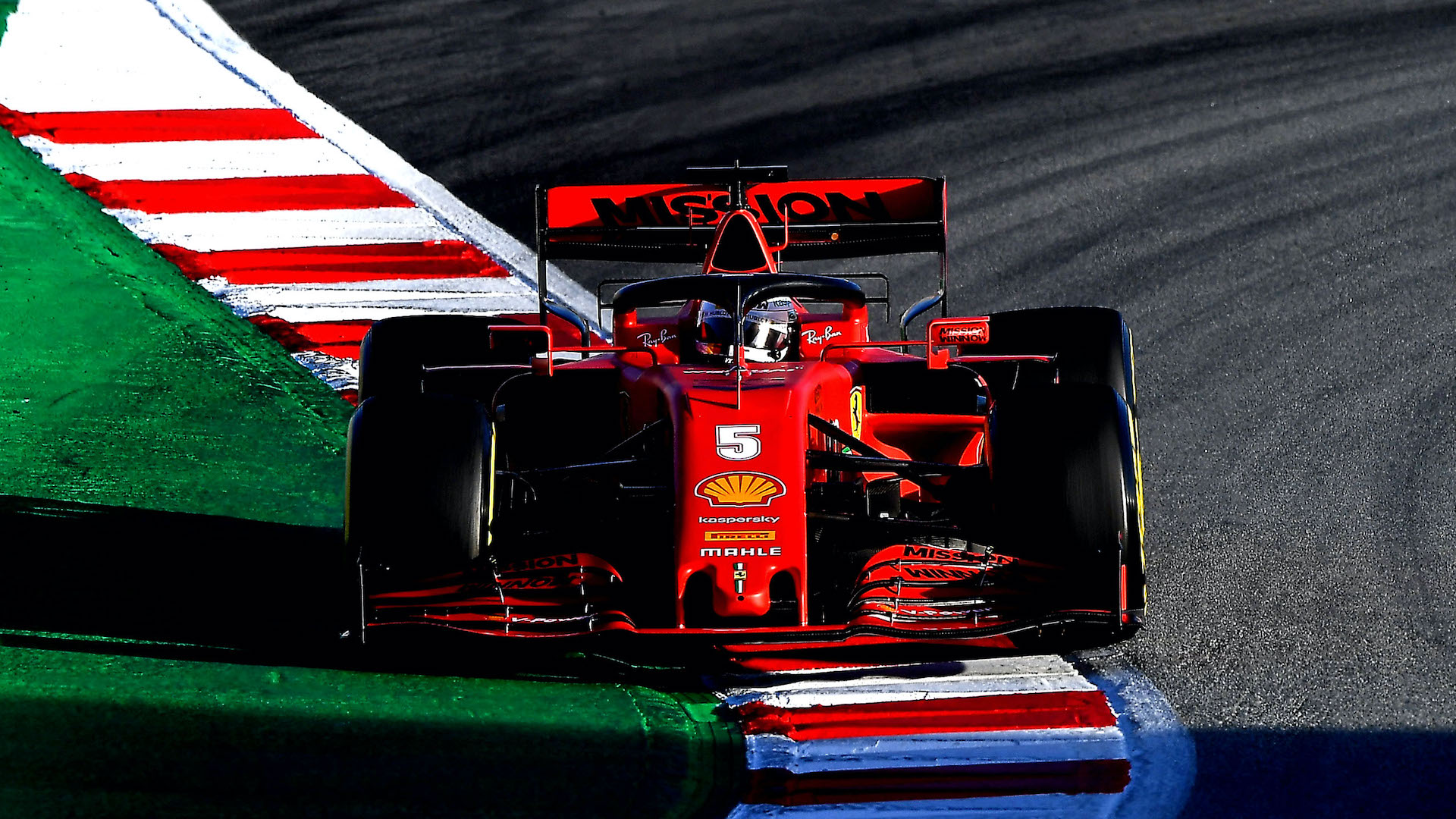

Formula 1 is not a machine designed to be interrupted, and as such, the sudden slowdown imposed by the COVID-19 pandemic has come as a systemic shock to the sport. No racing means organizers can’t collect hosting fees, teams can’t get sponsorship money, and through it all, everyone from the drivers to the janitors needs work—and paychecks. Aiming to slow the hemorrhage of cash and guarantee that 2019 won’t be F1’s final season, the FIA passed several rule changes on Monday to slim the sport down and add operational flexibility, meant to guarantee the world’s premier open-wheel race series a future despite economic and social uncertainties.
Heading the FIA’s list of alterations is a pair of changes meant to address the sport’s infamous bureaucratic gridlock. The first permits the FIA to alter the race calendar without a vote from teams, which will streamline the process of further reshuffling the severely disrupted 2020 season. The second lets teams pass changes to some sporting regulations—largely concerning the schedule of race weekends—with a 60 percent majority as opposed to the previous 70 percent.
Updates to the rulebook also codified the ban on Mercedes-AMG’s dual-axis steering to cut costs and increase competition, as well as the agreed-upon advancement of the summer break to the spring, which requires power unit suppliers to shut down for a three-week period in March or April. This will bring F1 a much-needed cost reduction over the short term, and do so without impacting suppliers’ ability to provide teams with enough engines for the 2020 season. Should the calendar shrink to 14 races or fewer, teams will have to work with accordingly reduced spare turbochargers, hybrid systems, control electronics, combustion engines, and so forth. A second shrink will take effect if the calendar is reduced to 11 races.
To further cut costs in 2020, the FIA has banned all further aerodynamic development of the redesigned cars originally scheduled to debut in 2021, now postponed to 2022. “Survival cell” crash structures at the center of all F1 cars’ monocoques homologated for the 2020 season are also now officially kosher for 2021 as well, fitting in with the FIA’s plans to re-run developed versions of 2020 cars for the interim 2021 season, which will also be a carefully cost-controlled period of racing.
Got a tip? Send us a note: tips@thedrive.com